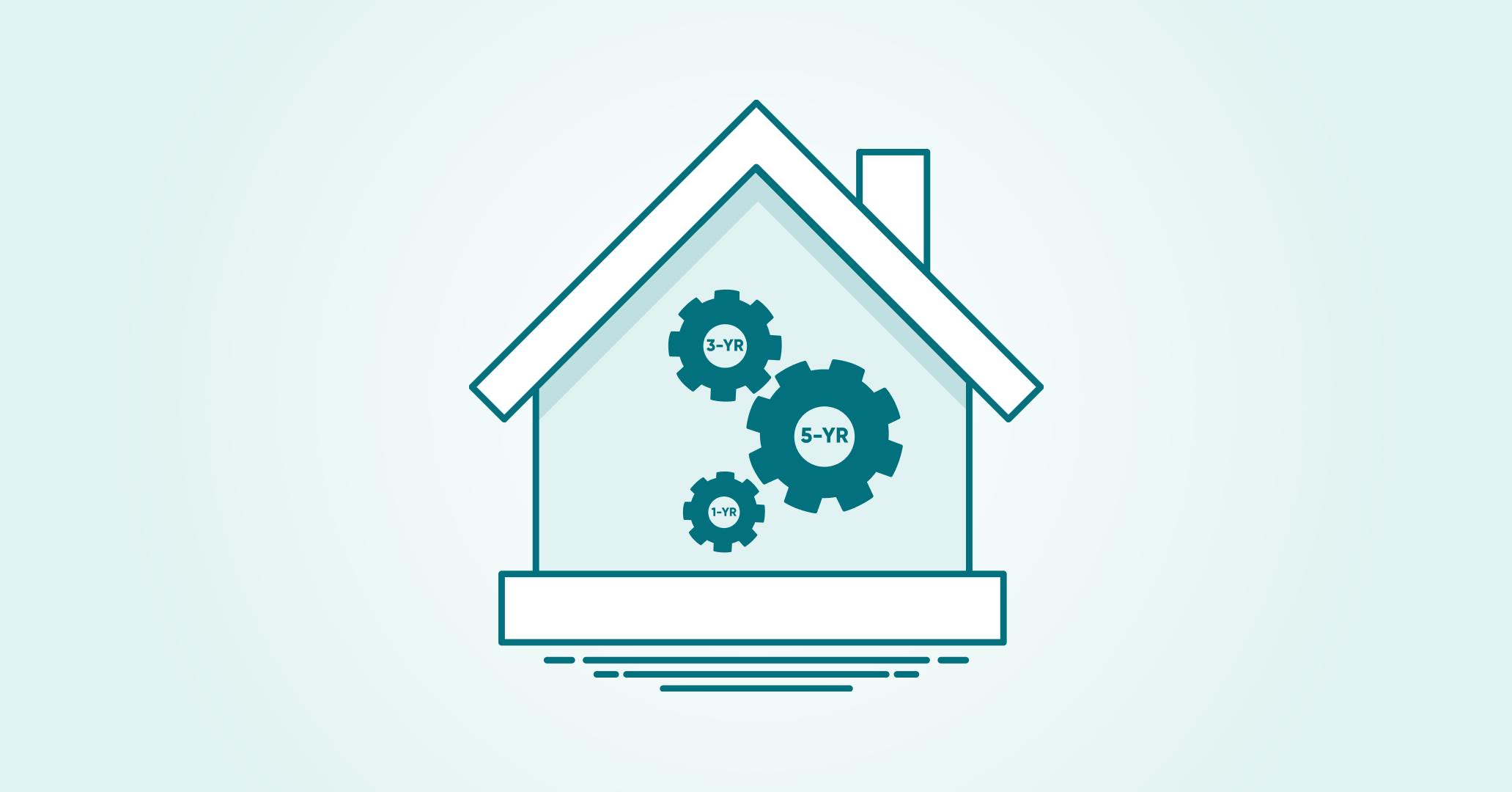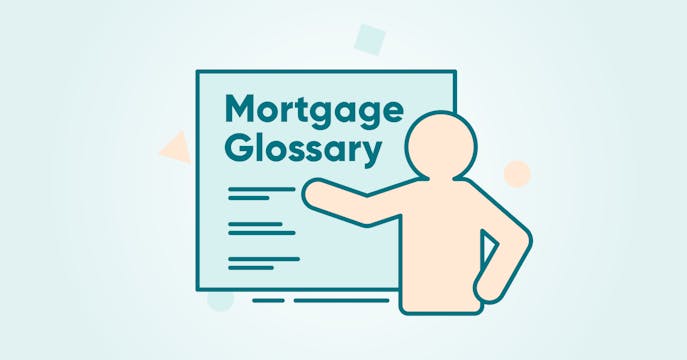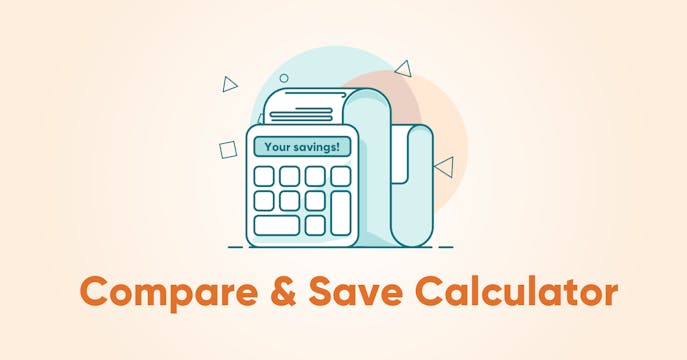Shorter and longer-term rate trends:
Why are variable rates usually lower than fixed rates?
A 5-year variable rate is typically LOWER than a 5-year fixed rate because it carries more risk for change and appeals to fewer home buyers and owners — capitalism reigns here.
Not every Canadian applying for a mortgage can handle the budget stress of changing payments, so a variable rate is typically lower to attract those willing and able to put up with possible budget mayhem to (hopefully) save more. (Historically, variable rates tend to outperform fixed rates — over the long term.)
But like all things 'rates,' nothing is set in stone. With recent market upheaval caused by the fastest-ever rate tightening cycle by the Bank of Canada, variable rates (advertised with lender discounts) have recently seen periods of inversion, where some terms with fixed rates have been lower.
Are short-term fixed rates cheaper than longer terms?
Mortgage rates for terms less than 5 years are typically LOWER than those for 5 years or longer (for closed mortgages) because you're borrowing money for less time.
A shorter term carries less risk for the lender that you'll default, and if rates go up, you'll have that lower rate for less time (but it raises your risk if you have to renew into a higher rate). The longer out you go, the more the rate can have a 'premium' attached — you're paying for the privilege of borrowing for a longer period, and banks need to ensure they'll cover their funding costs.
But, this relationship can flip, depending on market conditions. In that case, choosing a shorter term, even though it may be at a higher rate, can still offer a savings strategy based on anticipating where rates may be headed.
Why are 5-year terms more popular if they usually come with higher rates?
Again, capitalism reigns because most homeowners prefer to lock into a standard 5-year term to settle into their budget, lessen the risk of being exposed to rate changes, and reduce the time involved in renewing more often.
So lenders are still very competitive on 5-year rates because this length of time also helps reduce their costs to manage the mortgage. If everyone switched to only wanting 2 or 3-year terms, then you'd likely see those rates switch to being typically higher, regardless of where the bond market or policy rate sits.




